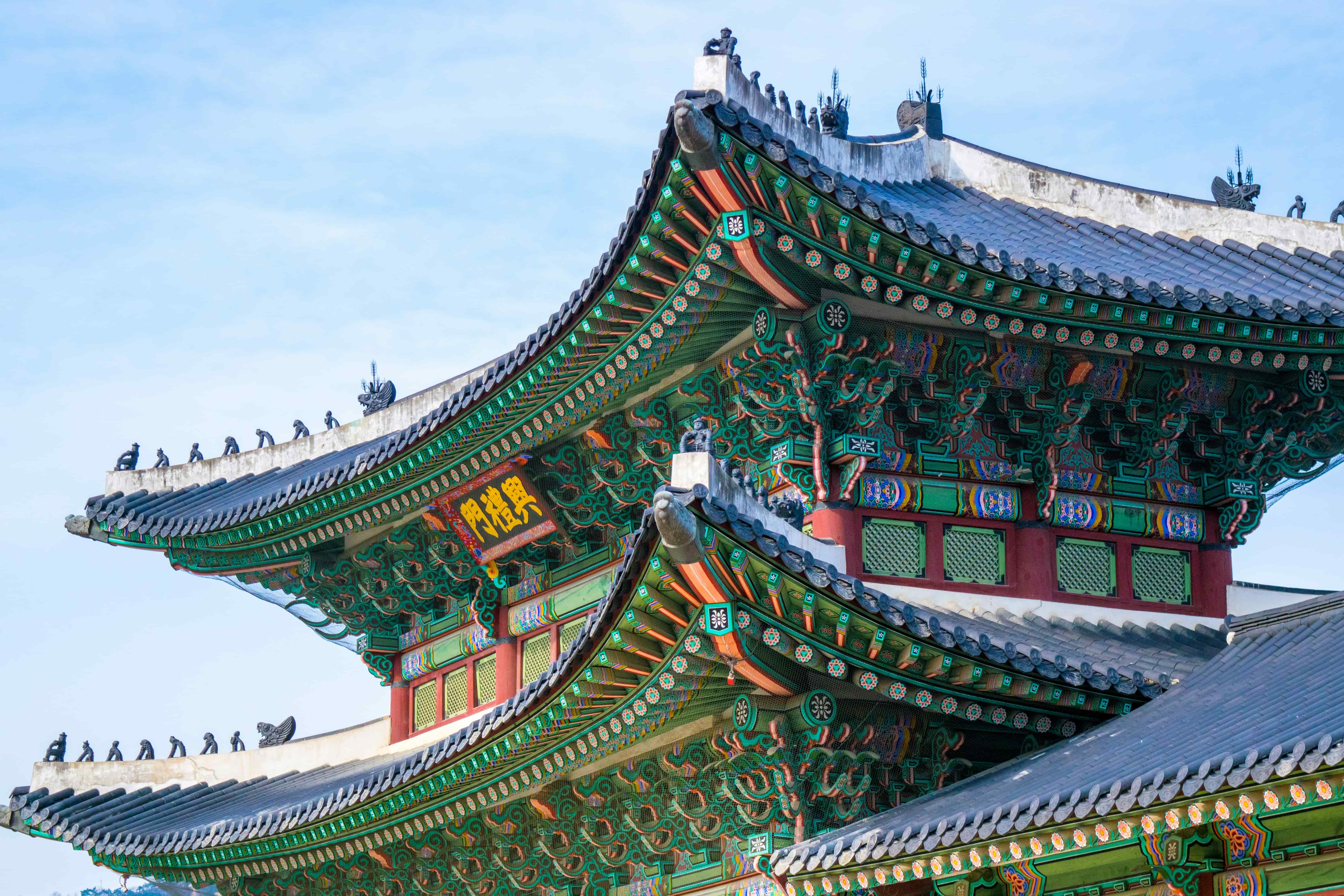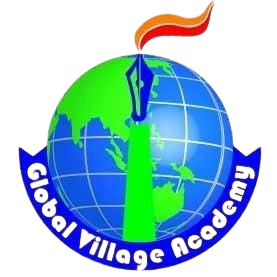
Studying in South Korea as a Bangladeshi Student – Complete Guide to Bachelor’s, Master’s & Language Programs.
South Korea has become one of the fastest-growing study-abroad destinations for Bangladeshi students. Known for its world-class universities, innovative technology sector, safe environment, and affordable tuition fees, South Korea offers an excellent combination of high-quality education and global career opportunities. Every year thousands of international students choose Korea for Bachelor’s, Master’s, and Korean language programmes — and the number is rising significantly among Bangladeshi students.
If you are planning to build an international career, this detailed guide will help you understand admission pathways, tuition fees, living expenses, scholarships, work rules, visa requirements, and job opportunities in South Korea.
Why Bangladeshi Students Prefer South Korea
South Korea’s higher education system is globally respected. Universities such as Seoul National University, KAIST, POSTECH, Yonsei and Korea University consistently rank among the top institutions worldwide. For Bangladeshi students, Korea offers several advantages that make it an ideal study destination. The country provides advanced academic facilities, modern campuses, safe and well-connected cities, and strong government support for international students. Tuition fees are often lower than in the USA, UK or Australia while still delivering a highly competitive education. South Korea also provides excellent opportunities for part-time work, paid internships, and full-time employment after graduation. Combined with its rich culture, technological leadership and developed lifestyle, Korea offers a complete study-abroad experience.
Study Pathways for Bangladeshi Students
South Korea offers flexible entry routes for undergraduate and postgraduate students. Bangladeshi applicants can choose a Korean language programme, a Bachelor’s degree or a Master’s programme depending on their background and career goals.
Korean Language Program (Language Institute route — mainly for Bachelor’s entry)
Many Bangladeshi students choose to first study a full-time Korean language course at a university-affiliated language institute to prepare linguistically and culturally before starting a degree programme. The primary purpose of this route is to equip students with the Korean language skills required for admission to Korean-taught Bachelor’s degrees. The duration typically ranges from six months to one year, though most students complete a full year for better fluency. Classes are conducted in Korean, helping students achieve TOPIK Level 2 — the minimum requirement for many university admissions.
Typical entry requirements for Bangladeshi applicants are SSC GPA 3.50+ and HSC GPA 4.00+. Annual tuition fees average around 550,000 BDT. The major advantages of this route are easier admission to Korean-taught degrees, smoother cultural adaptation and the opportunity to work part-time during the course.
Bachelor’s Programs in South Korea (Undergraduate admission)
Bangladeshi students have two primary options when applying for Bachelor’s programmes in South Korea: studying in Korean or studying in English.
Korean-taught Bachelor’s Programmes
This option is ideal for students who complete a Korean language programme first. Korean-taught Bachelor’s programmes generally require TOPIK Level 2 or higher. Many universities offer fee waivers or discounts to students with strong language proficiency. The average annual tuition fee is around 400,000 BDT depending on the university and department. Korean-taught programmes are usually more affordable and often provide more scholarship options.
English-taught Bachelor’s Programmes (Global campus programmes)
Many universities now offer English-medium undergraduate programmes designed for international students. For English-taught Bachelor’s degrees, Bangladeshi applicants typically need SSC GPA 3.50+, HSC GPA 4.00+ and IELTS 5.5 or an equivalent proof of language proficiency. These programmes run for four years and have an average tuition fee of approximately 450,000 BDT per year. Students in English-taught programmes also enjoy access to modern campuses, career support services and English-based academic resources.
Master’s Programs in South Korea (Postgraduate admission)
South Korea is increasingly popular among Bangladeshi graduates seeking affordable, high-quality Master’s degrees. Most Master’s programmes are taught in English, making them accessible even without Korean language skills. Typical entry criteria include a Bachelor’s degree with a minimum CGPA of 3.00 or 70% marks and English proficiency such as IELTS 6.0–6.5 or PTE 64. Master’s degrees usually last between 1.5 and 2 years and the average annual tuition cost is around 700,000 BDT. Many students can also apply for research assistantships, university scholarships and part-time work opportunities while studying.
Cost of Living in South Korea for Bangladeshi Students
Living costs in South Korea are generally more affordable than in many Western countries. Monthly expenses typically range between 50,000 and 70,000 BDT depending on lifestyle, city and accommodation choices. Cities such as Daegu, Busan and Daejeon tend to be more budget-friendly than Seoul. Students typically live in university dormitories, shared apartments or goshiwons (small private rooms), with each option offering different price points and convenience levels.
Part-Time Work Opportunities for Students
International students in South Korea may work part-time to supplement their living costs. The standard allowance is up to 20 hours per week during the semester and full-time during university vacations. Common student jobs include roles in restaurants, cafés, retail stores, convenience stores, office assistant positions and private tutoring depending on language ability. The average hourly wage ranges from ₩10,400 to ₩12,000, which translates roughly to 800–1,200 BDT per hour. Beyond income, part-time work helps students improve language skills, gain local experience and build networks.
Scholarships for Bangladeshi Students in South Korea
South Korea offers a variety of scholarship opportunities for international students, particularly those who demonstrate strong academic performance or Korean language ability. Universities commonly offer partial to full tuition waivers, and scholarship eligibility often depends on GPA, TOPIK score and departmental recommendations. Students who apply early and maintain good academic performance have significantly higher chances of receiving financial awards.
| Scholarship Name | Eligibility & Benefits |
|---|---|
| University Merit Scholarships | Awarded to high-performing students; typically 30%–100% tuition waiver depending on merit and university policy. |
| TOPIK Scholarships | Offered to students with strong TOPIK scores; can include substantial tuition coverage and additional allowances in some universities. |
| Departmental Scholarships | Granted by specific faculties based on academic excellence, research potential or faculty recommendations. |
Application Process for Bangladeshi Students
The admission process for Korean universities is straightforward and primarily online, but it requires careful preparation. Start by selecting your target universities and programmes — language institute, Bachelor’s or Master’s — and verify specific entry criteria such as TOPIK or IELTS requirements and minimum GPA. Prepare key documents including academic transcripts, a clear study plan or Statement of Purpose, passport copy, language test certificates, recommendation letters if required, and proof of finances (bank statements or sponsor documents).
Most universities accept digital applications through their portals and may request an online interview. After a successful application you will receive an official Certificate of Admission (COA) which you will need to apply for a student visa. Master’s applicants may in some cases qualify for e-Visa application routes depending on current embassy procedures.
South Korea Student Visa for Bangladeshi Applicants
South Korea issues two primary visa categories for students. The D-4 visa covers Korean language programmes, usually issued for six months to one year. The D-2 visa is for degree study — Bachelor’s, Master’s and PhD — and is authorised for the duration of the study programme. Visa applications typically require a valid passport, the admission letter or COA from the university, bank statements showing tuition and living cost coverage, sponsor documentation where applicable, passport photographs and a completed visa form.
| Visa Type | Purpose | Duration |
|---|---|---|
| D-4 | Korean language programmes | 6 months – 1 year |
| D-2 | University degree programmes (Bachelor’s, Master’s, PhD) | According to programme length |
Career Path After Graduation
South Korea offers attractive career pathways for international graduates. After completing a degree, graduates can apply for the D-10 job-seeking visa which allows up to one year to find employment. Job prospects are particularly strong in IT, engineering, business, biotechnology, design, logistics and hospitality. Once employed, graduates may switch to an E-7 skilled worker visa and, with long-term employment, become eligible for resident visas such as F-2 and ultimately for permanent residency under Korea’s immigration rules.
Final Thoughts
South Korea represents a compelling option for Bangladeshi students seeking high-quality education at a reasonable cost with strong career potential. Its combination of academic excellence, scholarship availability, safe living conditions and post-study employment prospects makes it an excellent destination for Bachelor’s, Master’s and language programmes. With early planning, a strong application and the right guidance, many Bangladeshi students have successfully launched global careers from South Korea.
Frequently Asked Questions (FAQ)
Is South Korea a good choice for Bangladeshi students? Yes. South Korea offers world-class education, affordable tuition compared to many Western countries, a safe environment and solid job opportunities after graduation. Many Bangladeshi students find it a balanced mix of quality and affordability.
Can I study in South Korea without IELTS? Yes. IELTS is not mandatory for many Korean-taught programmes; however, English-taught programmes commonly require IELTS or an equivalent score (usually in the 5.5–6.5 range).
What minimum GPA do I need? For language programmes typical requirements are SSC GPA 3.50+ and HSC GPA 4.00+. For Bachelor’s degrees similar school GPAs are usually expected, while Master’s programmes typically require a Bachelor’s CGPA of 3.00 or around 70% marks.
How much does studying in Korea cost? Typical yearly tuition is approximately 550,000 BDT for language programmes, 400,000–450,000 BDT for Bachelor’s degrees and around 700,000 BDT for Master’s programmes. Monthly living costs commonly range from 50,000 to 70,000 BDT.
What TOPIK level is needed for admission? For most Korean-taught Bachelor’s programmes a minimum of TOPIK Level 2 is required. Higher TOPIK levels can increase scholarship eligibility and ease academic life.
Can I work while studying? International students may work up to 20 hours per week during semesters and full-time during vacations. Typical wages range from ₩10,400 to ₩12,000 per hour (approximately 800–1,200 BDT).
What is the visa process like? After receiving an admission offer and Certificate of Admission, students apply for the D-4 (language) or D-2 (degree) visa at the Korean Embassy in Dhaka. Required documents typically include a passport, COA, bank statements, sponsor letters (if applicable), and passport photographs.
Can I stay and work after graduation? Yes. Graduates may apply for the D-10 job-seeking visa (up to one year). Once employed, they can change status to an E-7 skilled worker visa and work toward long-term residency.
Need Help?
Visit: www.globalvillagebd.com
